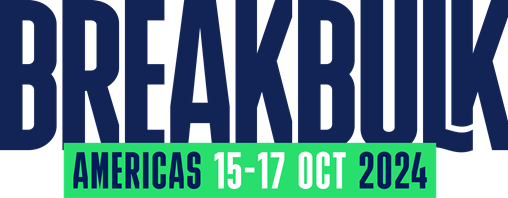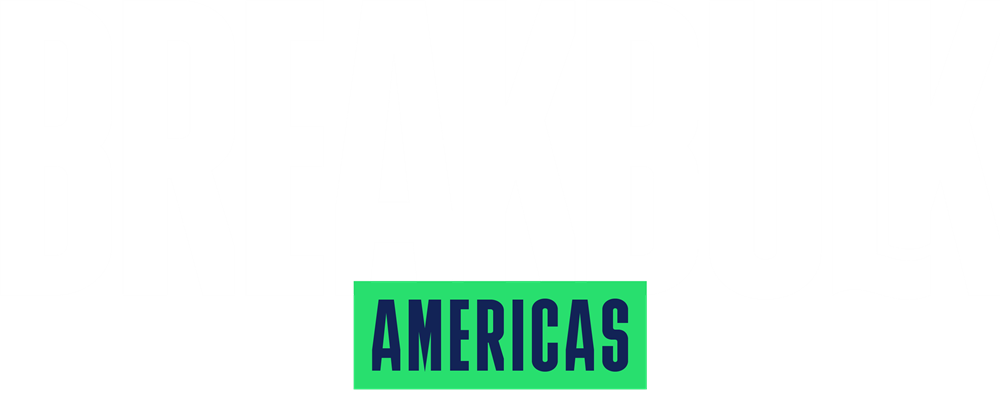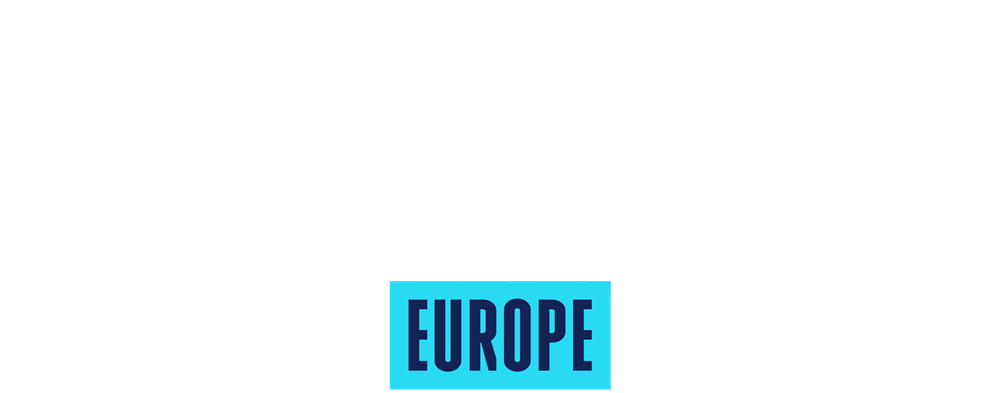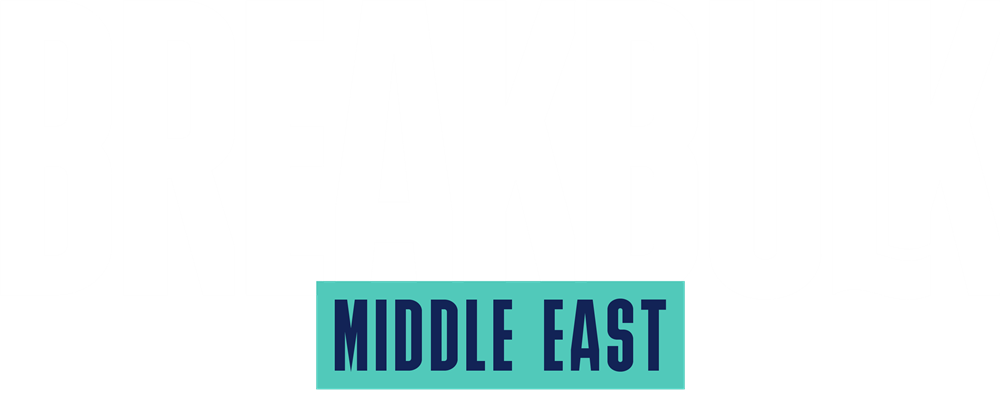Feb 12 | 2020
Petrochemicals traditionally adds much variety, flavor and opportunity in the Americas’ project cargo sector.
However, consternation is flowing through the sector. Why? Tariffs.
Their impact is starting to cause investment doubts throughout North America petrochem companies – but how does this affect project cargo?
US chemical companies have previously spent the last decade turning new hydrocarbon supplies into exportable goods – goods bound for China.
Now, with President Trump’s ongoing trade dispute with China, the US’ chemicals industry is facing revenue losses and a lack of investment confidence.
Following more than $200bn in investments, the sector now watches its key export market disappear.
“This calls into question whether investments in the US are really going to be viable. They are predicated on China.” Ed Brzytwa, Director for International Trade at the American Chemistry Council, told Petrochemical Update.
“Our projection of investment by chemical manufacturers in the US, announced or under construction, recently went from $204bn to $201bn,” Brzytwa added. “It was the first time I remember that number down.”
“Imports of chemicals and plastics impacted by U.S. tariffs would be about $25 billion. China’s retaliatory tariffs would eventually impact $12 billion of U.S. chemicals and plastics,” Brzytwa said.
As much as $250bn in Chinese goods could be affected – and roughly $110bn for US goods in China too.
Additionally, protectionist measures affecting US imports of steel and aluminum has affected the project costs on building new facilities across the country.
For context, President Trump announced in late January 2020 that tariffs were to increase on derivate steel and aluminum products. Aluminum articles will be subject to an additional 10% ad valorem rate of duty. Imports of steel products will face an additional 25% ad valorem rate.
In ethylene developments, project expenditure is expected to rise 3% year-on-year.
Project costs in the Gulf Coast amounted to $2.7bn in 2019 – up 1.7% from 2018. 84%, or $2.3bn, went towards construction costs. North East saw a 1.2% year-on-year rise, with project costs hitting $2.9bn. Of that, 85% was spent on construction.
Will this affect future project investment? It is potentially very likely. According to a JOC report, project shippers say importing modules and fabricated project components for these projects has also become cumbersome in many cases.
Thanks to newly strict applications of trade regulations, items may be assessed based on their component “ingredients” rather than as a constructed or manufactured item, making imports vulnerable to various duties and increasing construction costs considerably.
In August 2019, Flour announced a planned $3.8bn methanol megaproject, based in Louisiana, had been wiped off the books. A potential tariff on imported machinery for air and gas liquification put the brakes on this endeavor.
Despite this, Texan firms remain relatively optimistic.
Texas’ petrochemical sector has thrived in the 2010s. Half of new projects commissioned since then have been located there, data from the American Chemistry Council reveals.
148 out of 334 announced projects are in Texas. Overall, that represents $87bn of the total investment seen over the last decade.
As such, the state is a hotbed of project cargo activity servicing the petrochemical industry. The Panhandle thrives on petrochem and oil & gas, home to more than 50-energy-related companies on the Fortune 1000 list.
Texan refineries own 31% of total US refining capacity, reflecting the Lone Star State’s unofficial motto that “everything is bigger in Texas”.
Strong maritime links from places such as the Port of Houston, and a high presence of both chemical firms and carriers, ensures robust working conditions for project owners and carriers alike in the state.
President Trump’s tariffs will have the most direct impact on the US petrochemical sector.
Other nations can continue to plough ahead with higher levels of investment, perhaps seeking to capitalize on the supply gaps left in the wake of US-China trade spat.
Chemical construction in Canada represents C$10bn currently. Included under this spending is a polyethylene plant and ethane cracker expansion, and two separate polypropylene plant complex each boasting their own de-hydrogenators (PDH).
Petrochemical projects under construction in Canada include pipeline operator Inter Pipeline’s going by itself on a polypropylene and PDH facility.
Pembina partnered in February with Kuwait’s Petrochemical Industries in the Canada Kuwait Petrochemical Company (CKPC), a similar project.
The two projects by Inter Pipeline and CKPC, that will take locally available propane to turn to propylene and then polypropylene, are worth a combined C$8 billion. They are both near Edmonton, Alberta. Inter Pipeline will complete the first in late 2021, Pembina will follow in 2023.
Nova Chemicals is investing C$2 billion to expand its ethane cracker as well as its polyethylene production capacity. It plans to complete works in 2021.
Braskem is also contemplating construction of a new ethane terminal in Mexico. The company needs to put its idle production capacity to use at its Veracruz polyethylene-ethylene plant.
A new terminal to import ethane could start operations between 2021 and 2022.
The company evaluates two potential locations to build a 50,000 barrel-per-day terminal. A final decision will come in 2020, he said.
Mexico and Canada are just two regional markets heavy lift and breakbulk players still holding potential for contract generation. With heavy investment in the case of Canada, or future possible projects like Mexico, the sector is still open to specialist out-of-gauge freight handling.
It’s advised project cargo players keep their eyes fixed on the Americas. Not only to see how the US-China situation pans out, and what that means for future petrochem cargo transportation, but also for potential big wins in North, Central, and South America.
Breakbulk Americas is where the project cargo opportunities will be, as well as the region’s largest gathering of sector professionals.
Book your place and join the conversation in Houston, Texas, this year.
Their impact is starting to cause investment doubts throughout North America petrochem companies – but how does this affect project cargo?
Project cargo & petrochemicals in the Americas
Tariff woes affect petrochemical confidence
US chemical companies have previously spent the last decade turning new hydrocarbon supplies into exportable goods – goods bound for China.
Now, with President Trump’s ongoing trade dispute with China, the US’ chemicals industry is facing revenue losses and a lack of investment confidence.
Following more than $200bn in investments, the sector now watches its key export market disappear.
“This calls into question whether investments in the US are really going to be viable. They are predicated on China.” Ed Brzytwa, Director for International Trade at the American Chemistry Council, told Petrochemical Update.
“Our projection of investment by chemical manufacturers in the US, announced or under construction, recently went from $204bn to $201bn,” Brzytwa added. “It was the first time I remember that number down.”
Metal tariffs affect construction prices, import & export values
“Imports of chemicals and plastics impacted by U.S. tariffs would be about $25 billion. China’s retaliatory tariffs would eventually impact $12 billion of U.S. chemicals and plastics,” Brzytwa said.
As much as $250bn in Chinese goods could be affected – and roughly $110bn for US goods in China too.
Additionally, protectionist measures affecting US imports of steel and aluminum has affected the project costs on building new facilities across the country.
For context, President Trump announced in late January 2020 that tariffs were to increase on derivate steel and aluminum products. Aluminum articles will be subject to an additional 10% ad valorem rate of duty. Imports of steel products will face an additional 25% ad valorem rate.
In ethylene developments, project expenditure is expected to rise 3% year-on-year.
Project costs in the Gulf Coast amounted to $2.7bn in 2019 – up 1.7% from 2018. 84%, or $2.3bn, went towards construction costs. North East saw a 1.2% year-on-year rise, with project costs hitting $2.9bn. Of that, 85% was spent on construction.
Will this affect future project investment? It is potentially very likely. According to a JOC report, project shippers say importing modules and fabricated project components for these projects has also become cumbersome in many cases.
Thanks to newly strict applications of trade regulations, items may be assessed based on their component “ingredients” rather than as a constructed or manufactured item, making imports vulnerable to various duties and increasing construction costs considerably.
In August 2019, Flour announced a planned $3.8bn methanol megaproject, based in Louisiana, had been wiped off the books. A potential tariff on imported machinery for air and gas liquification put the brakes on this endeavor.
Despite this, Texan firms remain relatively optimistic.
Texas’ petrochemical sector has thrived in the 2010s. Half of new projects commissioned since then have been located there, data from the American Chemistry Council reveals.
148 out of 334 announced projects are in Texas. Overall, that represents $87bn of the total investment seen over the last decade.
As such, the state is a hotbed of project cargo activity servicing the petrochemical industry. The Panhandle thrives on petrochem and oil & gas, home to more than 50-energy-related companies on the Fortune 1000 list.
Texan refineries own 31% of total US refining capacity, reflecting the Lone Star State’s unofficial motto that “everything is bigger in Texas”.
Strong maritime links from places such as the Port of Houston, and a high presence of both chemical firms and carriers, ensures robust working conditions for project owners and carriers alike in the state.
Other regions not affect by tariffs – good news for breakbulk?
President Trump’s tariffs will have the most direct impact on the US petrochemical sector.
Other nations can continue to plough ahead with higher levels of investment, perhaps seeking to capitalize on the supply gaps left in the wake of US-China trade spat.
Chemical construction in Canada represents C$10bn currently. Included under this spending is a polyethylene plant and ethane cracker expansion, and two separate polypropylene plant complex each boasting their own de-hydrogenators (PDH).
Petrochemical projects under construction in Canada include pipeline operator Inter Pipeline’s going by itself on a polypropylene and PDH facility.
Pembina partnered in February with Kuwait’s Petrochemical Industries in the Canada Kuwait Petrochemical Company (CKPC), a similar project.
The two projects by Inter Pipeline and CKPC, that will take locally available propane to turn to propylene and then polypropylene, are worth a combined C$8 billion. They are both near Edmonton, Alberta. Inter Pipeline will complete the first in late 2021, Pembina will follow in 2023.
Nova Chemicals is investing C$2 billion to expand its ethane cracker as well as its polyethylene production capacity. It plans to complete works in 2021.
Braskem is also contemplating construction of a new ethane terminal in Mexico. The company needs to put its idle production capacity to use at its Veracruz polyethylene-ethylene plant.
A new terminal to import ethane could start operations between 2021 and 2022.
The company evaluates two potential locations to build a 50,000 barrel-per-day terminal. A final decision will come in 2020, he said.
Mexico and Canada are just two regional markets heavy lift and breakbulk players still holding potential for contract generation. With heavy investment in the case of Canada, or future possible projects like Mexico, the sector is still open to specialist out-of-gauge freight handling.
It’s advised project cargo players keep their eyes fixed on the Americas. Not only to see how the US-China situation pans out, and what that means for future petrochem cargo transportation, but also for potential big wins in North, Central, and South America.
Get more industry insights at Breakbulk Americas – and discover your project cargo opportunities
Breakbulk Americas is where the project cargo opportunities will be, as well as the region’s largest gathering of sector professionals.
Book your place and join the conversation in Houston, Texas, this year.





